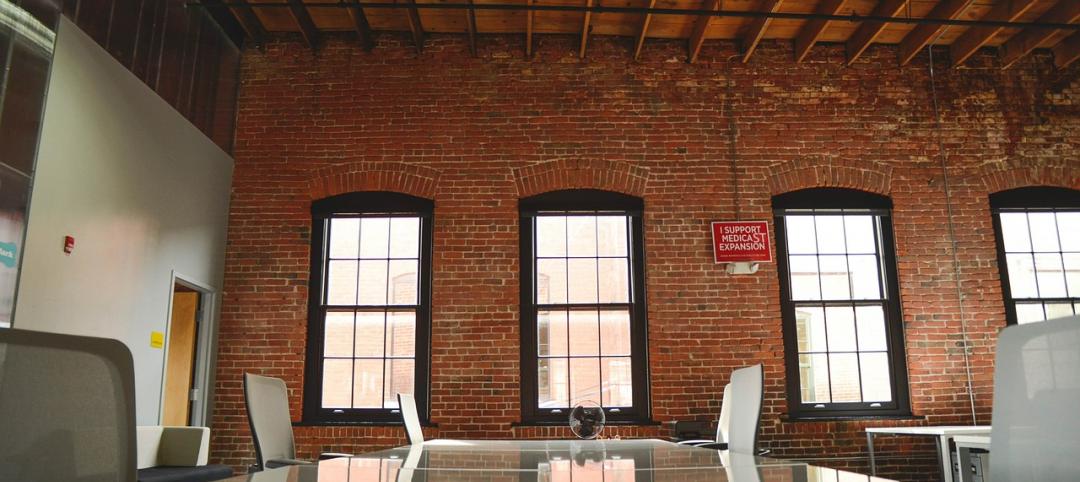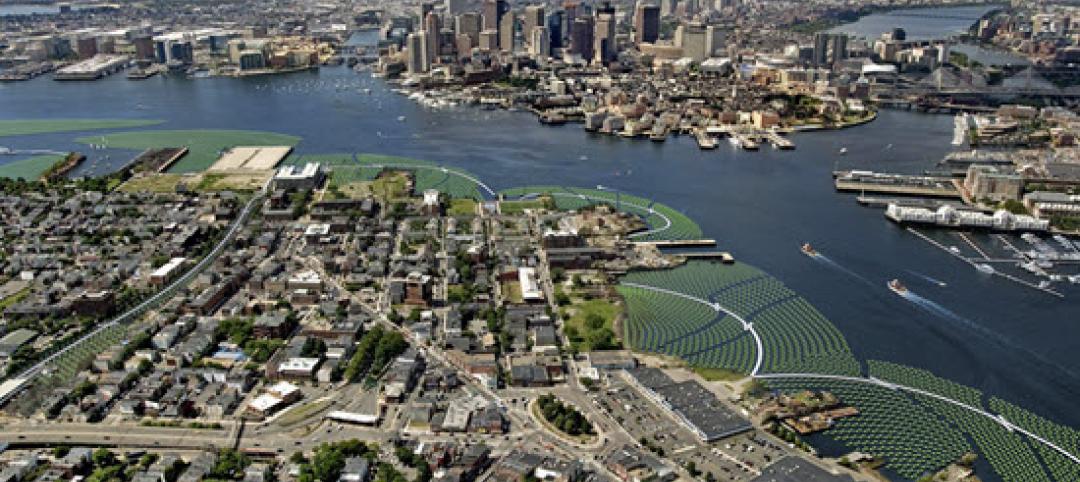To speed the transition to zero carbon emissions, the U.S. must focus on designing or redeveloping entire communities that are zero energy, according to Charles Kutscher, a long-time energy efficiency researcher.
Tackling building energy use at the district level provides economies of scale in heating and cooling. Used on some U.S. college and other campuses, systems with a central plant that burns natural gas to heat water, which then is circulated to the various buildings, are more efficient than dedicated systems for each building.
To achieve zero carbon emissions, the latest strategy for district systems uses an ambient temperature loop that “simultaneously and efficiently both heats and cools different buildings,” Kutscher writes. “Heat pumps at individual buildings or other points along the ambient loop add or extract heat from the loop. They can also move heat between deep geothermal wells and the circulating water.”
National research labs and other project partners are developing an open source software development kit called URBANopt that models elements of zero energy districts. These can include building efficiency/demand flexibility strategies, rooftop photovoltaic arrays, and ambient loop district thermal systems. The software can be integrated into other computer models to aid in design of zero energy communities.
Related Stories
Codes and Standards | Aug 8, 2019
More designers focusing on acoustic properties of buildings
Recognition that structures should be acoustically satisfying.
Codes and Standards | Aug 7, 2019
Illinois law makes all single-occupancy restrooms gender-neutral
All must comply by January 1.
Codes and Standards | Aug 6, 2019
New technology, aligning training with local trends among keys to workforce development
Construction industry must also invest in training, recruiting high school students.
Codes and Standards | Aug 1, 2019
Planners, city official rethink parking requirements on new projects
Reducing number of parking spots frees up land for ‘more purposeful’ uses.
Codes and Standards | Jul 31, 2019
USGBC-LA chooses first ‘Net Zero Accelerator’ technologies
Wide range of solutions address numerous environmental challenges.
Codes and Standards | Jul 30, 2019
Solar brokerage will provide financing for small/medium businesses
First to fund solar for smaller-scale commercial operations.
Codes and Standards | Jul 29, 2019
ASCE group unveils structural safety database
Confidential reporting on structural failures, near misses, and other incidents.
Codes and Standards | Jul 26, 2019
Floating landscape infrastructure wins top ASCE innovation prize
Climate resiliency a key theme of entrants.
Codes and Standards | Jul 24, 2019
New York making slow progress on resiliency seven years after Hurricane Sandy
Property owners face many challenges; coastal defense project plans are complex and need more time to plan.
Codes and Standards | Jul 23, 2019
Berkeley, Calif. passes nation’s first ordinance to make new buildings all-electric
No gas hook-ups will be allowed in new houses, apartments, and commercial buildings.

















